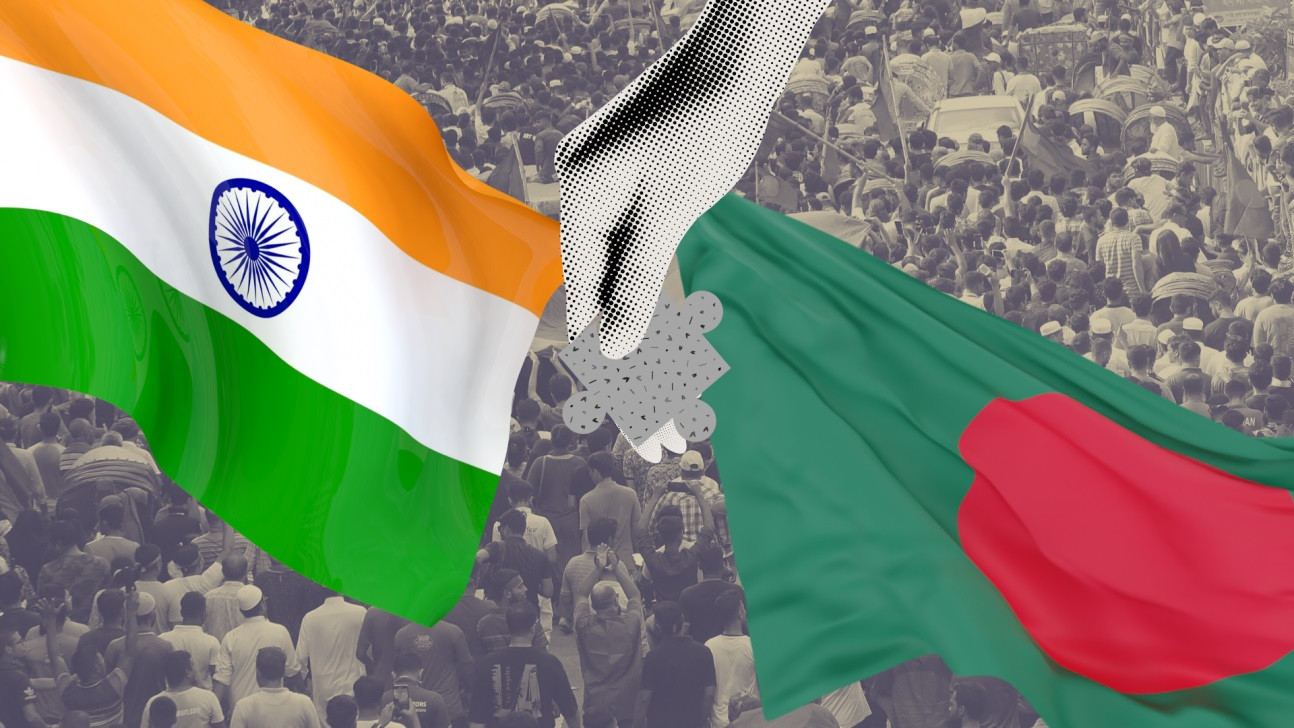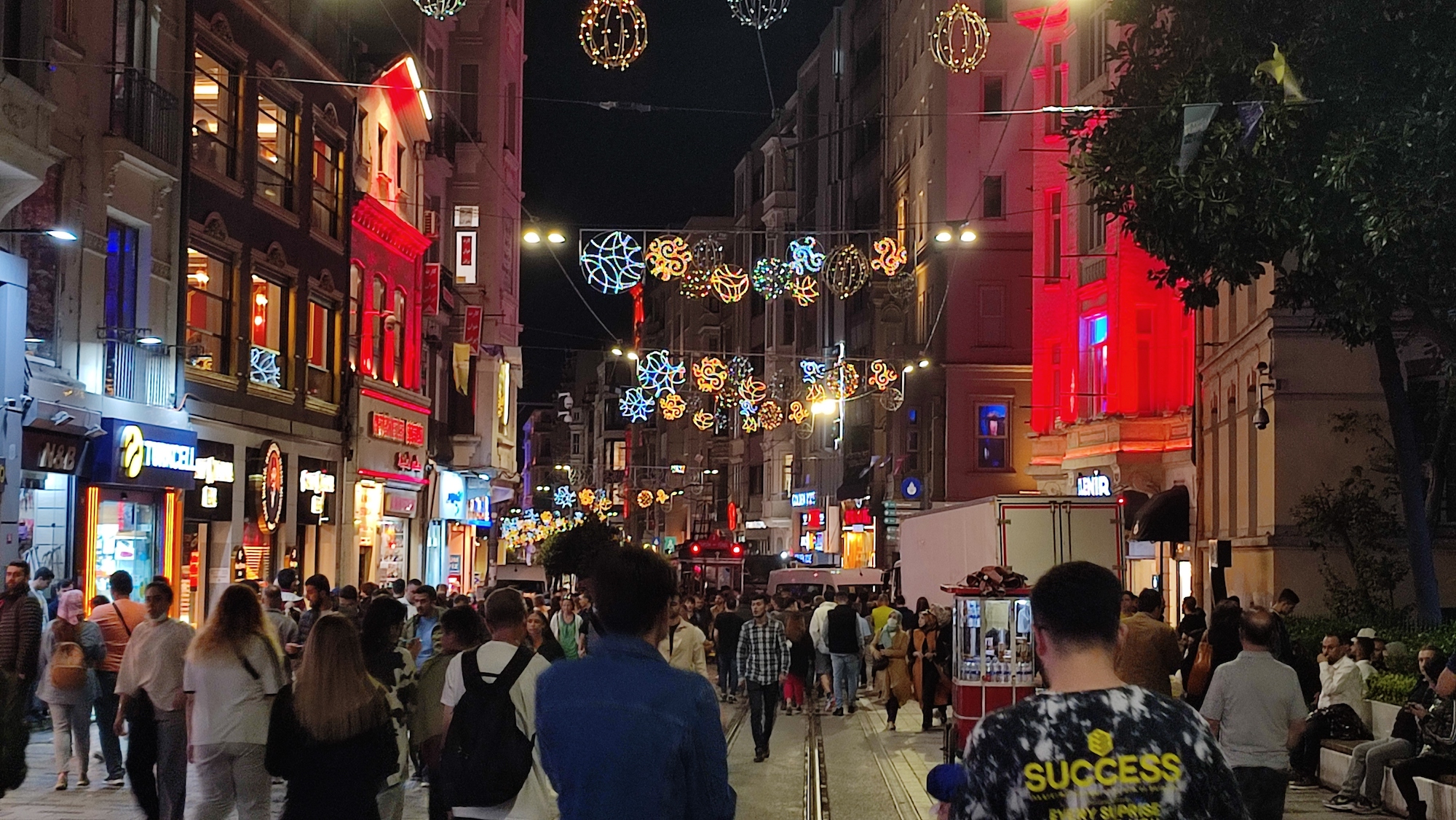Tripoli, Libya (National Post): After weeks of prevarication and threats the outside world is finally calling Muammar Gaddafi’s bluff and acting to save the people of Libya.
The question remains as to whether a no-fly zone alone will be enough to stop a brutal dictator.
A no-fly zone is a relatively weak military weapon – more a symbolic gesture than a danger in a civil war that is really being fought on land.
There are two reasons to hope for its success.

Relentless air assaults may convince Gaddafi’s soldiers to turn on the Libyan dictator out of mere self-interest.
When Libya’s army commanders realise they are being targeted personally and face repeated air attacks each time they attempt to move, they may reassess their loyalty to an obviously crazed despot.
In a similar vein, the imposition of a no-fly zone may give Libya’s rebels a chance to organize fresh uprisings in cities now under Gaddafi’s control.
If the no-fly zone gives the rebels the ability to regroup and re-organize, while making it difficult for Gaddafi’s forces to suppress any uprisings, Libya’s revolution may find its second wind.
Still, imposition of a no-fly zone and the enforcement of a no-drive zone around rebel-held cities could just as easily lead to an uneasy stalemate that results in the de-facto partition of Libya and prolonged instability. That is probably the worst possible outcome, short of a Gaddafi victory, that the international coalition could face.
Time is not on the allies side. Their coalition may easily fray and fracture in a prolonged conflict and an unstable and unsettled war will infect the rest of the Middle East like a festering wound. Col. Gaddafi knows this instinctively. That’s why he greeted the first allied air attacks with a vow to fight the onslaught “inch by inch” and promised a prolonged war.
He may be desperate and delusional, but Gaddafi is one smart desert fox. His first reaction to allied air strikes has been to surround himself with thousands of supporters, who conveniently provide him with a human shield. Any attack on him may kill the very civilians the United Nations is supposed to be protecting.
In much the same way, Col. Gaddafi has also suggested he may challenge the allied air assault by staging a civilian “peace march” from Tripoli to Benghazi. What better way to insert special forces infantry units into the outskirts of Libya’s rebel-held second city, while forcing NATO and its Arab allies to watch helplessly from a distance?
Gaddafi tried a similar tactic on the weekend, when he declared a ceasefire and then overnight Friday tried to insert tanks and troops into Benghazi under cover of darkness. That ploy almost succeeded. When the allies first started flying over Libya, Gaddafi’s troops were already fighting from house to house on the southeastern outskirts of Benghazi. Only a combination of determined rebel resistance and the last-minute imposition of the no-fly zone managed to turn the tide and reversed the advances of Gaddafi’s army.
Now, we will have to wait to see if a selective but relentless bombing of Libya’s military can be just as effective in turning the tide.








